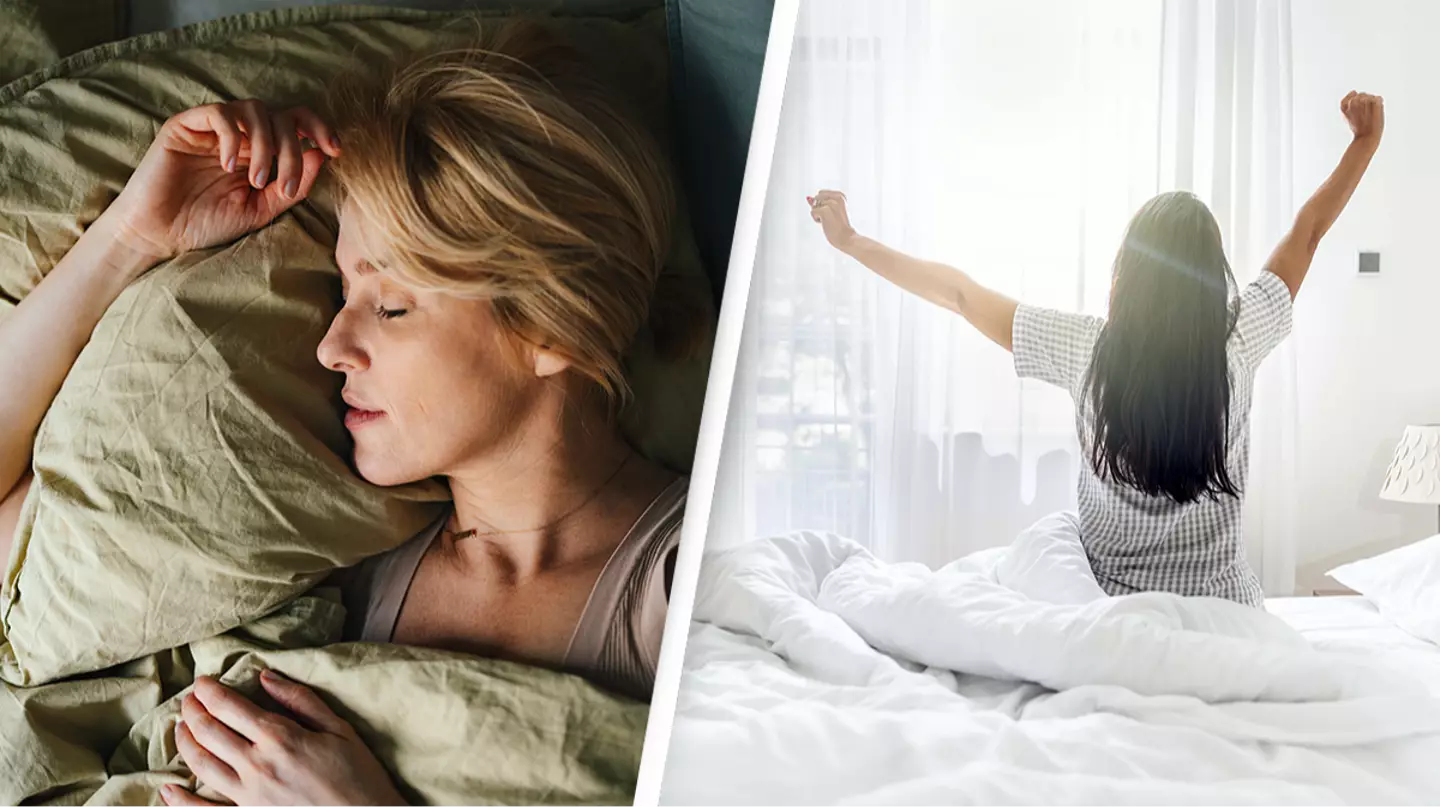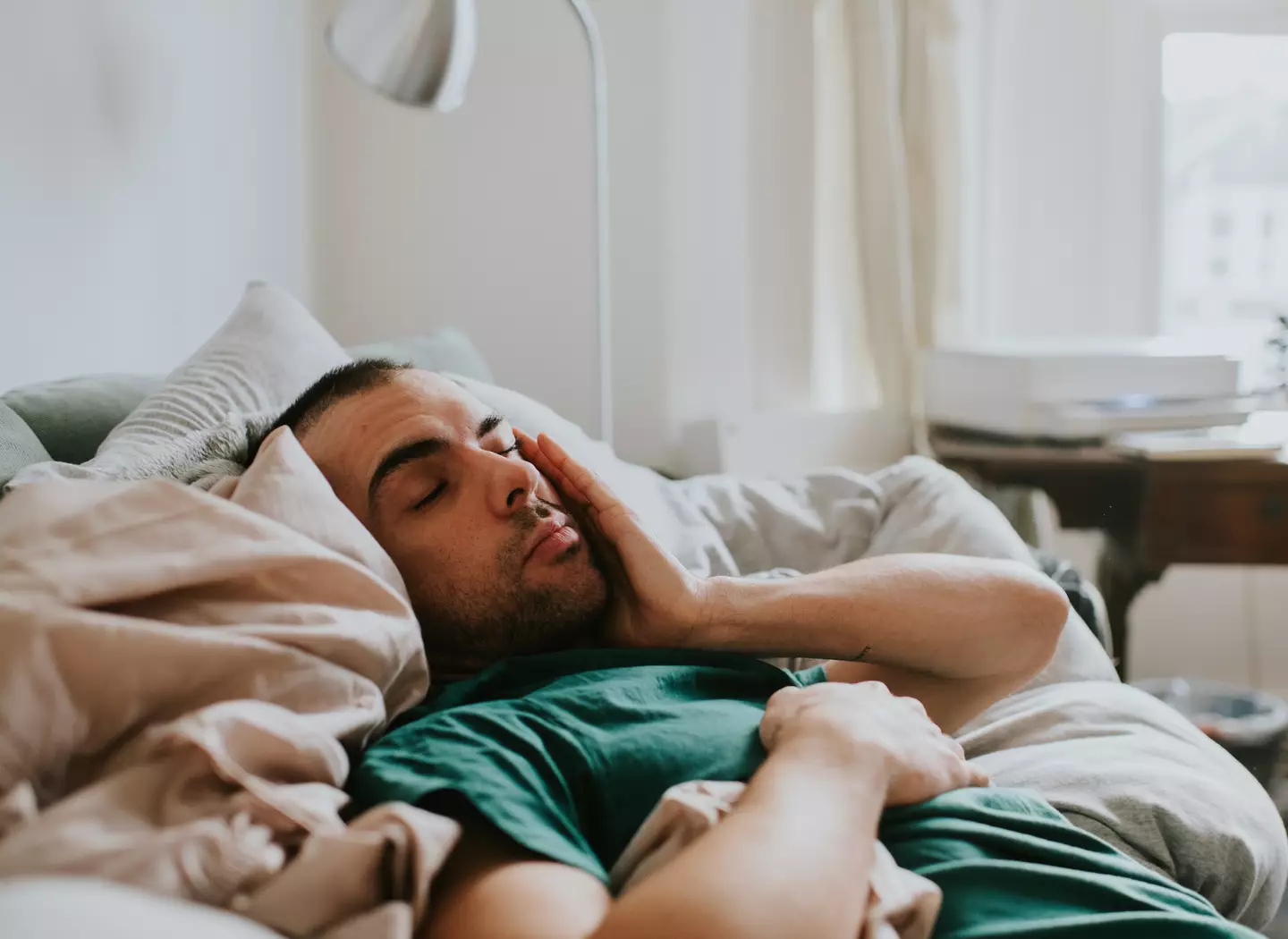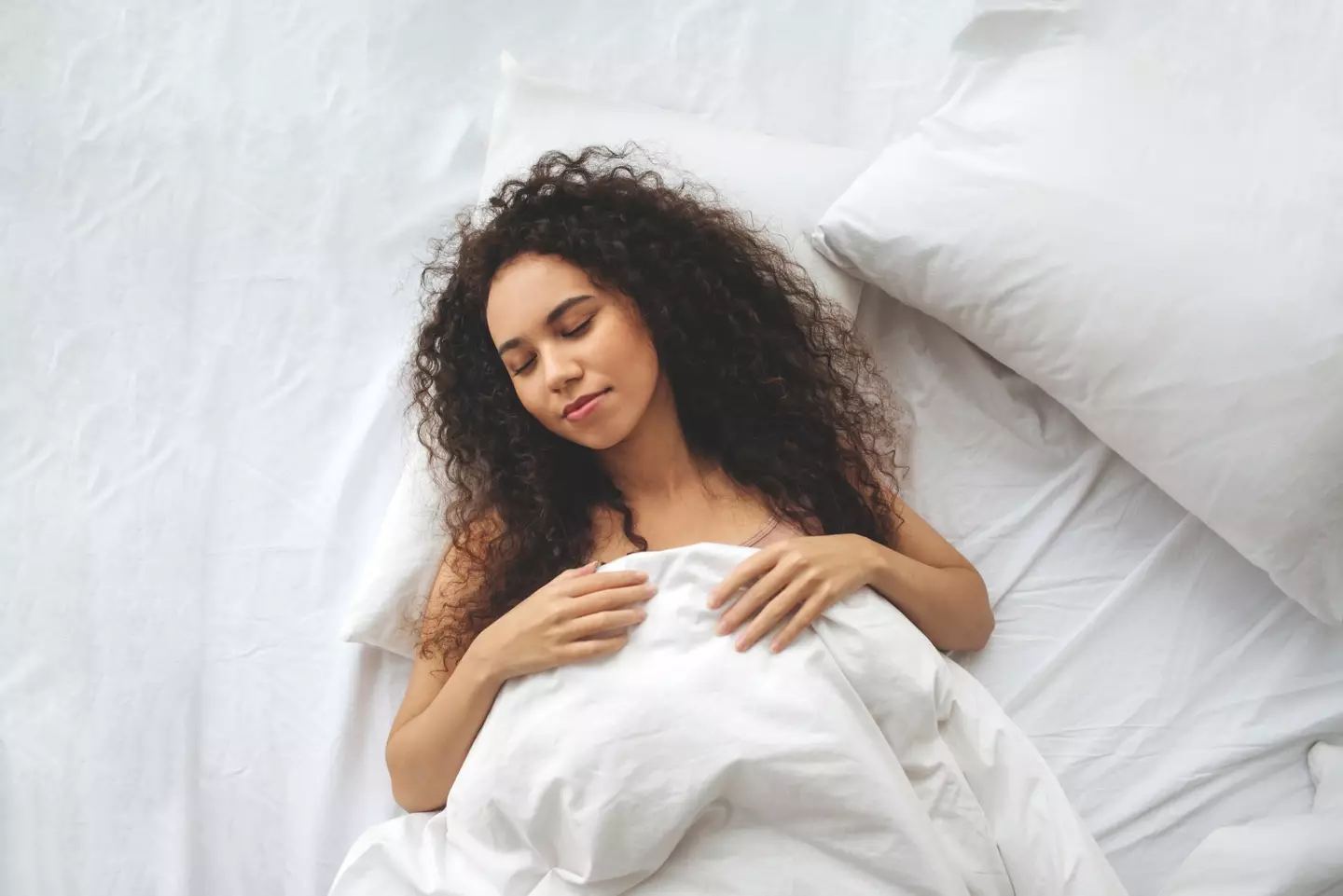
Sorry to say this, but you have probably been sleeping wrong and have been doing things that actively prevent you from getting the best night's sleep.
Add sleeping to the growing list of things you didn’t know you were doing wrong.
Personally, I rarely have a bad night’s sleep. I tell my brain, 'the day is over, we have to get up early. So, let’s simply rehash some embarrassing memories from my teenage years and call it a night.’
Advert
And gusto, out like a light.
But if you are searching for a better rest each night there are a few things you need to avoid, most notably a common mistake most people make.
Dr. Chester Wu, a double-board certified psychiatrist and sleep medicine specialist, spoke to the Huffington Post about the best ways to ensure a good night’s rest.
Advert
“The circadian rhythm, your internal biological clock, operates on a roughly 24-hour cycle and dictates when you feel awake or sleepy, largely influenced by light exposure.
“Health behaviors in the morning reinforce a strong circadian rhythm, promoting wakefulness during the day and sleepiness at night,”
So, it is easy to get used to bad habits that prevent you from getting the best night’s rest if you are not paying attention to the details.
Wu and a host of other sleep gurus explained that laying in, even on days off, could be preventing people from having the best night’s sleep.
Advert

“I never stay in bed and do activities that aren’t related to sleep and intimacy. This means when I wake up, I get out of bed immediately and go somewhere else in my house,” neuroscientist and sleep expert Chelsie Rohrscheib told the publication.
“This helps to maintain my brain’s association that the bedroom is only a place of rest, which promotes high-quality sleep.”
Sleep specialist and research assistant professor at the University at Buffalo Carleara Weiss explained the drawbacks of sleeping in, or lazing about in bed after waking.
Advert
“The reasoning for that relates to the circadian rhythms,” she said.
“Regular wake-up times help the biological clock regulate physiological functions, not just sleep. Sleeping in on the weekends leads to social jet lag and causes difficulty concentrating, fatigue, irritability, and headaches.”

Dr. Raj Dasgupta, a quadruple board-certified physician in internal medicine, pulmonary, critical care and sleep medicine, also explained that sleeping in is unlikely to have a lasting impact on overall sleep quality, but said it was important to have a regimented sleep schedule.
Advert
“Maintaining a consistent sleep schedule, where you wake up and go to bed at the same time every day, is really important for ensuring you have a good night of quality sleep,” he said.